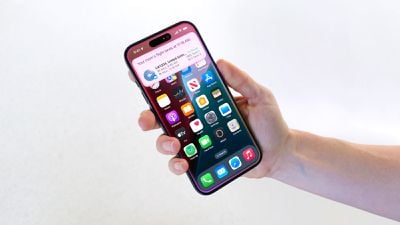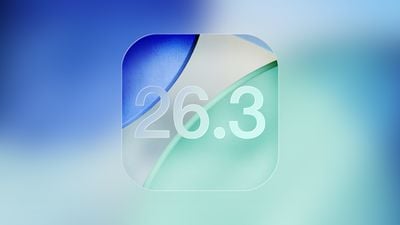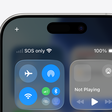Apple has confirmed that it will continue to offer a one-time-purchase version of Final Cut Pro for Mac for $299.99, but will that version receive every new feature?

In an interview with digital filmmaking news website CineD, Apple marketing manager Bryan O'Neil Hughes said both the one-time-purchase and Apple Creator Studio versions of Final Cut Pro for Mac will include the new "intelligent" features Visual Search, Transcript Search, and Beat Detection, but his comment did not explicitly confirm if both versions of the app will receive every additional "intelligent" feature in the future. We have reached out to Apple for comment, and we will update this story if we receive a response.
What we do know is that the one-time-purchase version of Final Cut Pro for Mac will miss out on some "premium content," according to Apple's website:
A one-time purchase will still be available, but access to some of the premium content is available only to Apple Creator Studio subscribers. If you already own Final Cut Pro, it will continue to be updated.
In the interview, Hughes went on say that both the one-time-purchase and Creator Studio versions of Final Cut Pro for Mac will continue to receive updates and "work as you expect," but we have still yet to see Apple explicitly confirm if both versions of the Mac app will have 100% feature parity forever. For now, though, it seems like customers with the one-time-purchase version will only miss out on "premium content."
Apple's website is more explicit about Logic Pro and MainStage, promising feature parity:
Logic Pro and MainStage have all the same features whether they are subscription or one-time-purchase versions.
Some other apps in the Creator Studio bundle, including Pixelmator Pro, Keynote, Numbers, Pages, and Freeform, will be receiving some "intelligent" features that will not be available without a subscription, so it is a mixed bag.
For example, only Pixelmator Pro users with a Creator Studio subscription will be receiving a new Warp tool that allows you to twist and shape image layers.
Across the Keynote, Pages, and Numbers apps, Creator Studio subscribers will have access to a new Content Hub with high-quality photos and graphics, as well as new premium templates, themes, and more. Apple said its Freeform app will also be updated with "intelligent" features for Creator Studio subscribers later this year.
Keynote, Numbers, Pages, and Freeform do not cost money, but the apps will effectively be "freemium" now. Fortunately, Apple has ensured that all four of the apps will continue to receive other new features and updates without a subscription.
Overall, the introduction of the Creator Studio bundle makes for a more confusing landscape with less feature parity in some apps, and customers who dislike subscriptions have been voicing their disappointment. Keeping one-time purchase options around helps alleviate some concerns, but not everyone is happy with this direction.
Apple Creator Studio launches on Wednesday, January 28, with U.S. pricing set at $12.99 per month or $129.99 per year — read our earlier coverage to learn more.







































